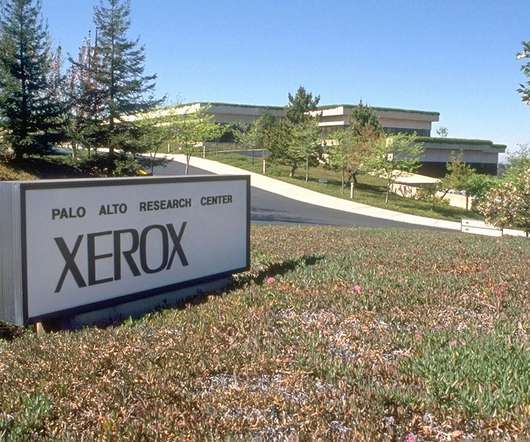PNNL biocrude-to-diesel demo passes 2,000-hour catalyst stability milestone
Green Car Congress
MARCH 26, 2021
A large-scale demonstration converting biocrude to renewable diesel fuel has passed a significant test, operating for more than 2,000 hours continuously without losing effectiveness. The biocrude oil came from many different sources, including wastewater sludge from Detroit, and food waste collected from prison and an army base.

































Let's personalize your content